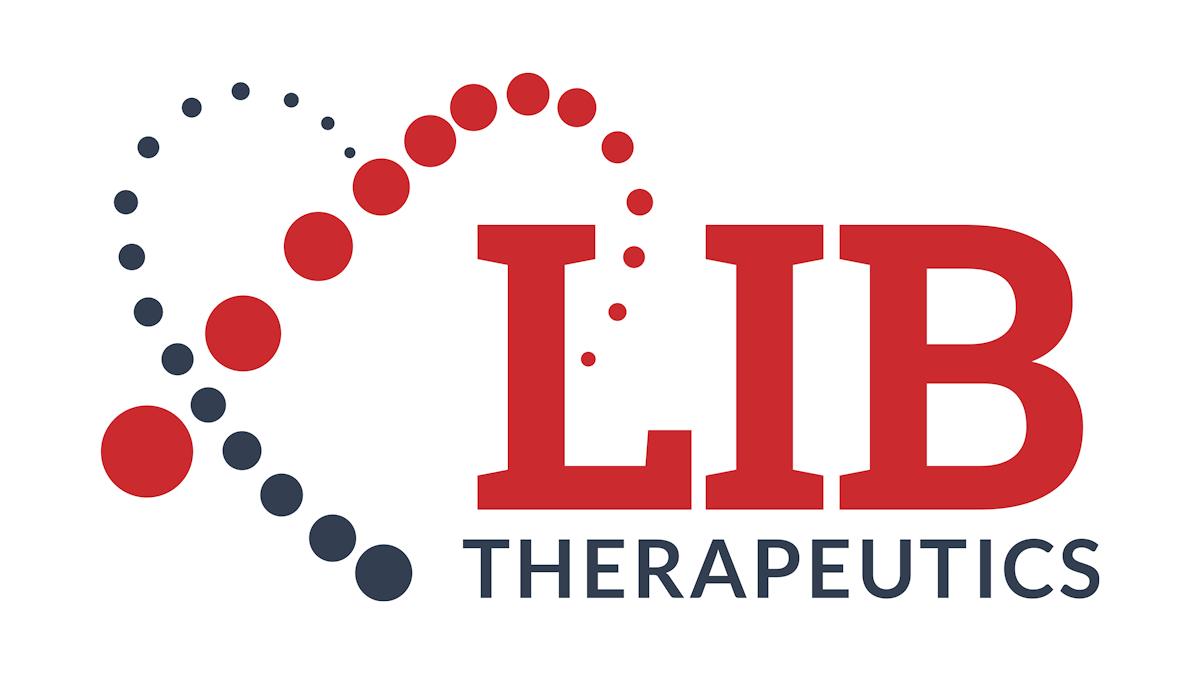TMC inches closer to inclisiran approval with long-term safety data

The Medicines Company (TMC) has bet the proverbial farm on cholesterol-lowering candidate inclisiran and is celebrating new safety data that raises the chances of approval when pivotal trials read out later this year.
The new study provides reassurance that long-term treatment with inclisiran – the first cholesterol-lowering drug in the RNA interference class – safely provides persistent lowering of LDL or ‘bad’ cholesterol for up to three years in heart disease patients.
If three phase 3 trials are positive, inclisiran looks set to mount a strong challenge to once-fortnightly or monthly biologic drugs for cholesterol-lowering – namely PCSK9 inhibitors from Sanofi/Regeneron and Amgen – which are only just starting to gain momentum in the market as an add-on to statin therapy.
Alnylam-partnered inclisiran also targets PCSK9, but switches off production of the protein at the RNA level and so has a longer duration of action. Data with the drug so far suggests it can consistently lower LDL-cholesterol by 50% or more, and seems to have a lower rate of liver abnormalities than its rivals.
The new analysis comes from an extension to the phase 2 ORION-1 trial, dubbed ORION-3, that involved 382 patients.
Like Amgen with Repatha (evolocumab) and Sanofi/Regeneron with Praluent (alirocumab), TMC and Alnylam are hoping for big things from inclisiran thanks to the huge burden of cardiovascular disease that remains despite treatment with drugs like statins.
“We believe there are two critical unmet needs,” said TMC’s chief executive Mark Timney. “First, additional LDL-cholesterol lowering is needed so that [atherosclerotic cardiovascular disease or ASCVD] patients consistently reach their goal and avoid a cardiovascular event.”
“Second, underlying this first need is poor patient adherence to LDL-cholesterol lowering therapy,” he noted, pointing to American Heart Association (AHA) data which suggests nearly two thirds of patients are not adhering to statins after one year.
Inclisiran’s twice-a-year dosing regimen “can circumvent many of the challenges around adherence to existing therapies,” he asserted.
The importance of inclisiran to TMC can’t be over-stated, as the company has progressively sold off all its other drug assets, including an infectious disease unit to Melinta and blood thinner Angiomax to Novartis’ generics unit Sandoz, in order to focus on the drug.
The company needs inclisiran to perform better than Repatha and Praluent, which were tipped as blockbuster products at launch but faced payer resistance that forced price cuts and pegged back growth.
Repatha made $131m in the first quarter of this year, while Sanofi booked just under $64m from Praluent, although both products are expected to gain momentum now they have cardiovascular risk reduction claims on the label.












